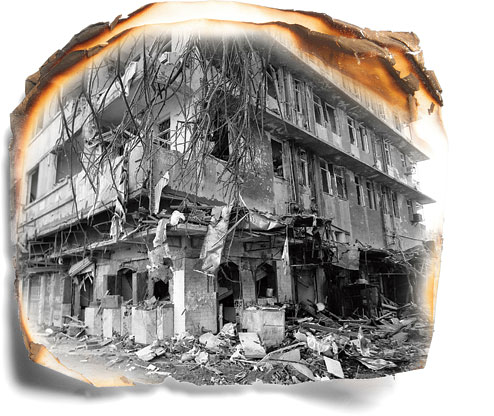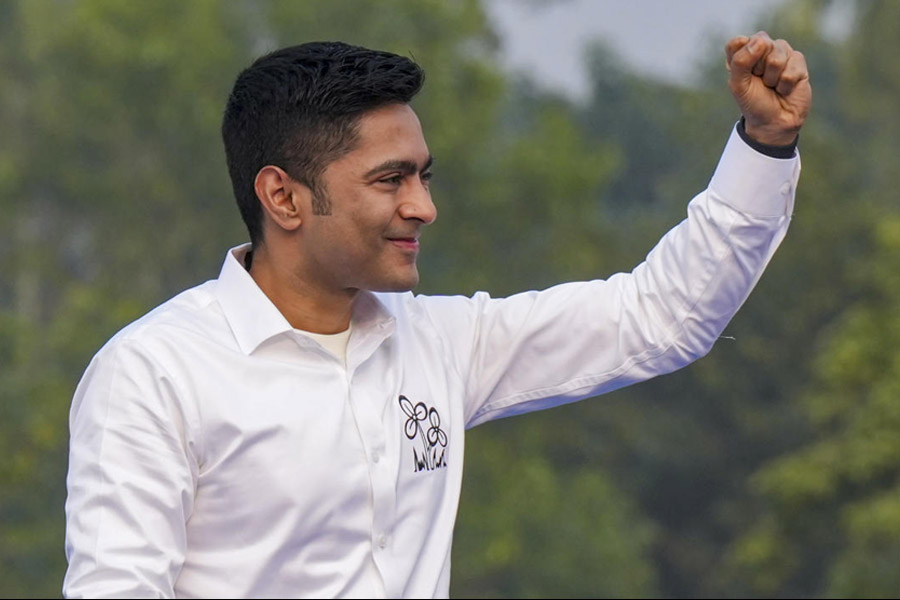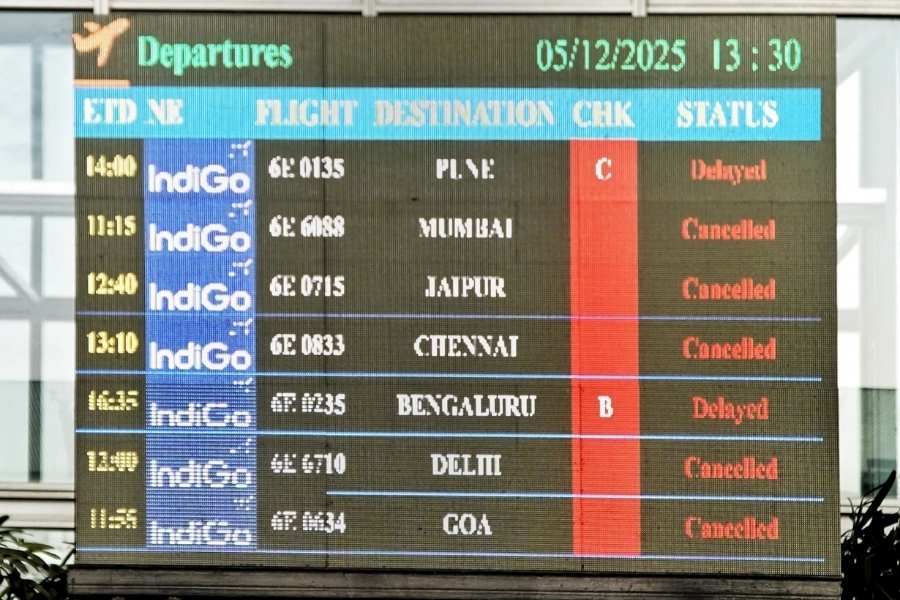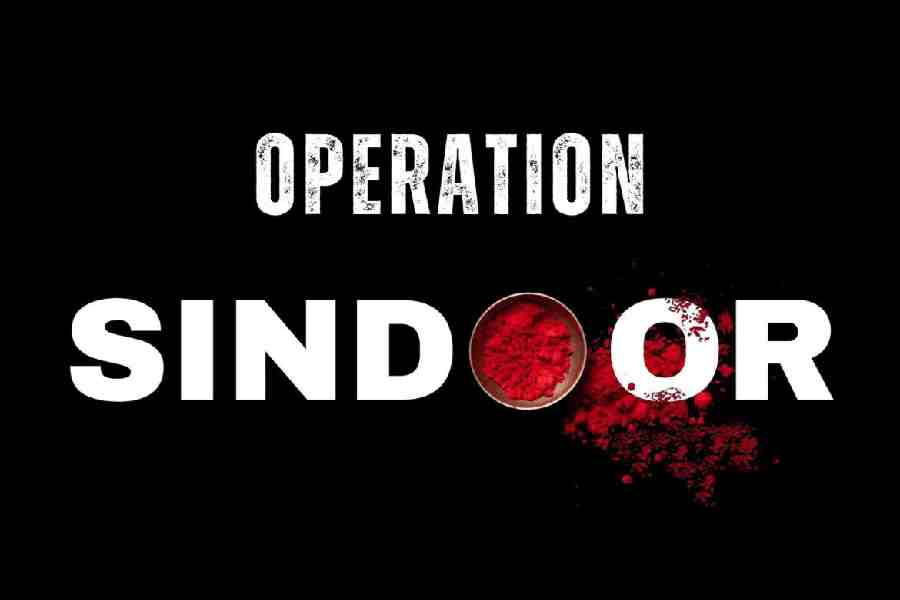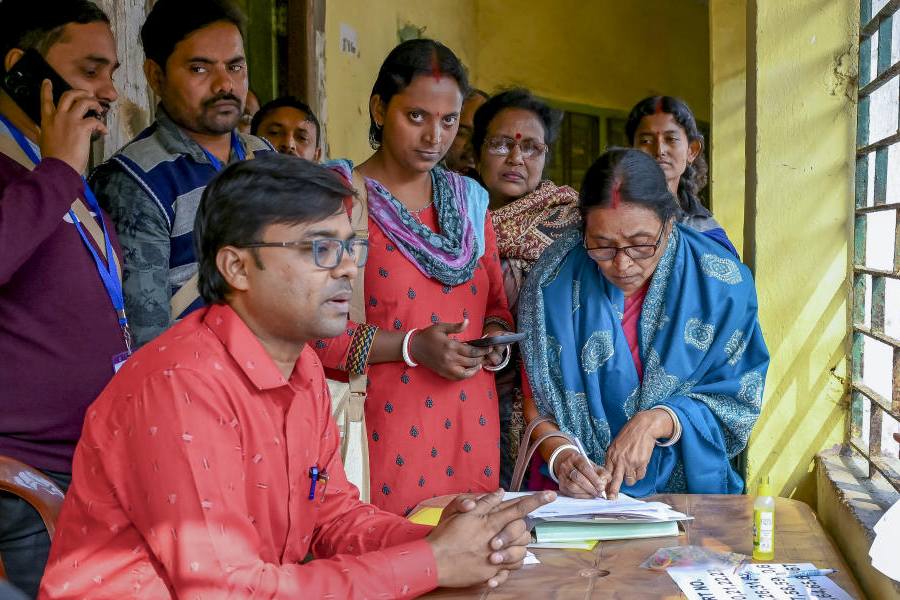

All people know the same truth: our lives consist of how we choose to distort it: Woody Allen
So huge and devastating were the March 1993 serial blasts of Mumbai that the Memon family associated with it soon became notorious, edging out even the Kaskars (Dawood and his siblings) and other first families of Mumbai's underworld.
Suddenly Mushtaq Memon alias Tiger Memon and Yakub Memon were bigger than Dawood and Anis.
There is an apocryphal story that when Dawood wants to destroy his competitors he delegates some important assignment to them. Dawood disapproved of Tiger's steep ascension into gold smuggling and his growing association with the Pakistani intelligence agency ISI, so he decided that he should allow Tiger to helm a revenge mission and seal his fate. That Tiger's uncontrollable rage escalated his own perdition is a parallel story.
Tiger Memon was known for his anger - he had inherited it from his father, Abdul Razzak Memon, whose anger was equated with the proverbial rage of Menelaus who launched an epic battle to win back Helen of Troy. It is said that whenever Razzak Memon was consumed with fury he was a mass of volume, screaming his lungs out and screeching like a banshee, his language garbled and incomprehensible to those listening and trying to figure out what had riled him in the first place.
If Razzak had not channelled his pent up anger and directed it towards sports and cricket, he would probably have ruined his life. Cricket and trophies adorned his Pydhonie house (he played league matches with Tiger Pataudi), earning him the sobriquet of Tiger.
Razzak and Hanifa were a religious couple. They had six sons, all of whom were named after the revered prophets who found their mention in the Quran and Old Testament.
Suleman (Solomon) became a carroms champion. Ibrahim/Mushtaq (Abraham) Memon played cricket - inheriting not just his father's anger but his name as well. Yakub (Jacob) Memon was studious and inclined towards academics but also excelled in badminton and squash. Ayub (Job), Isa (Jesus), Yusuf (Joseph) just remained in the shadows of their champion brothers.
Abdul Razzak Memon ran a workshop named Famous Engineering and Welding in Mustafa Bazar, Byculla, Mumbai. Though he supplied machinery parts to Tata Oil Mills, they were not affluent. The older children, Suleman and Tiger, quit their studies and supported the clan by doing odd jobs as salesmen and clerks. While Suleman persevered and did his job diligently, Mushtaq or Tiger was ruled by his volatile temper.
Razzak Memon's clout in the Memon community helped Tiger get a peon's job at the Konkan Mercantile Bank in south Mumbai. But Tiger did not last beyond a few days there and had to quit. It is said that the bank manager instructed him to get tea for a visitor. Tiger felt so insulted that he held the manager by his collar, showered abuses on him and slapped him so hard that he collapsed unconscious on his seat.
Tiger didn't want to take the straight path. He wanted riches but with shortcuts. In the Eighties, gold smuggling was the easiest and fastest route to make riches. Tiger's daredevilry and reckless temerity put him in the top rung of smugglers. His ill-gotten affluence came in the nick of time and rescued his younger sibling, Yakub, from losing his college admission. Tiger sponsored his studies and helped him become a top chartered accountant in the city.
Soon Tiger fell in love with a non-Memon girl, Shabana, and married her after a brief courtship. The rich wedding at Saboo Siddique Hall at Byculla raised jealous eyebrows as well as grudging admiration for Razzak Memon and his brood. Tiger had gained respect in the community and was now noticed by his business rivals.
From his small house in Kadiya building at Pydhonie, which had a common verandah and a common toilet for 20 tenements, the Memons shifted to a plush duplex flat on the 5th and 6th floors of the seven-storey Al Hussaini building facing the sea at Mahim.
Yakub launched a chartered accountancy firm in partnership with a Gujarati Hindu, Chetan Mehta. The firm was called Memon and Mehta and it became one of the most reputed CA firms in the Mahim area. Yakub married Rahin and took another flat in the same building on the second floor. The family was now flush with cash, clout and connections.
The Memons thought they were invincible. Suleman and Ayub also got their businesses in Dubai and became residents of Dubai. The family was now shuttling between Mumbai and Dubai.
However, Tiger and Yakub were poles apart in their attitude and demeanour and even values. Tiger was arrogant and disdainful towards everyone; Yakub was not merely educated but also hard-working. Yakub's clients were Hindus, but Tiger Memon had a radical jihadi mindset and did not mingle with other communities.
Then came the demolition of the Babri Masjid on December 6, 1992, and the widespread riots and communal conflagration in Mumbai. Everybody knew Tiger Memon's antipathy to Hindus; so Hindu hooligans decided to punish Tiger Memon and teach him lessons in humility. They spared Yakub's office but set ablaze Tiger's office, named Tijarat International (a front he used for smuggling and legitimising his black money).
The massacre of thousands of Muslims across the country and the mindless carnage did not affect Tiger much. The implications of the demolition of the masjid did not crease his forehead. But the destruction of his personal fiefdom made him furious and he swore revenge. In retaliation, Tiger decided to annihilate the whole city.
For that he needed naïve and gullible volunteers who could believe in his call and help in its execution. So Tiger turned the vengeance drama into a religious battle. After it became a religious issue, it was not difficult for him to marshal support and money for the cause.
Tiger incited a communal frenzy and instigated the volunteers against the Hindus. His rage and vindictiveness resulted in the death of over 257 people, injury to 700 people and devastation of thousands of families in a series of bomb blasts in the city on March 12, 1993.
Abdul Razzak and his sons were not in the loop and neither was the family. They left for Dubai because the riots had unsettled them and they were anyway making frequent trips. Tiger was the last to leave.
Razzaq was furious when they were forced to leave Dubai for Karachi after the blasts. Tiger dragged the whole Memon tribe to Karachi and it dawned on the patriarch that Tiger had been used by Pakistan and as a pawn by ISI agents.
As Yakub later revealed to CBI officers, his 65-year-old father picked up his walking stick and pounced on Tiger in full view of ISI agents and others, beating him black and blue until the stick broke and he was out of breath.
For days no one spoke to Tiger but they were clear that they could not remain in Pakistan. It was one thing to seek refuge, but they could not stay there and be allowed to be used as Pakistan's arsenal against India. They decided to return to India against all odds.
In a remarkably audacious move, Yakub Memon collected a suitcase full of incontrovertible evidence against Pakistan's involvement in the blasts, his own brother's culpability and that of other players such as Taufiq Jaliawala. Then Yakub hoodwinked the ISI. Under the pretext of visiting Dubai via Kathmandu, he also booked his return tickets on a Lufthansa flight just to complete the ruse.
In Kathmandu, when he was apprehended, he quickly confessed that he was not Yusuf Ahmad but Yakub Memon. So, as Yakub helped Indian agencies in sealing the fate of Pakistan and his brother Tiger, he expected clemency and compassion.
But he was rewarded with a death penalty - the only one of the 100 accused in the blasts to be sentenced to death after the Supreme Court on Tuesday cleared the way for his hanging. For India, Yakub is just a symbol. It does not matter that he was not involved in the blasts and that the evidence against him was flimsy and consisted of retracted confessions.
Since they didn't get Tiger Memon, any other Memon would do. And Yakub, being educated, smart and suave, fitted the bill. It didn't matter that they were shooting the messenger.
For 21 years, Yakub waited, hoping for reprieve - from politicians, from bureaucrats, from law enforcers, from the judiciary and from the public. Nobody cared. The crime was too big and somebody had to be hanged for justice to be seen to be done.
S. Hussain Zaidi is the author of Black Friday, which is an account of the March 12, 1993, blasts.

